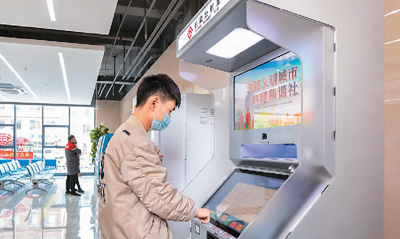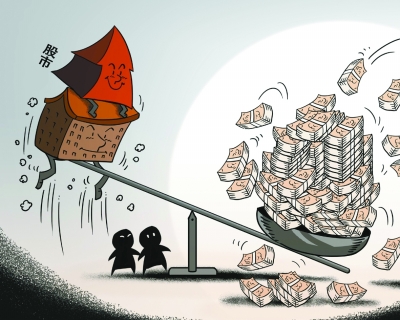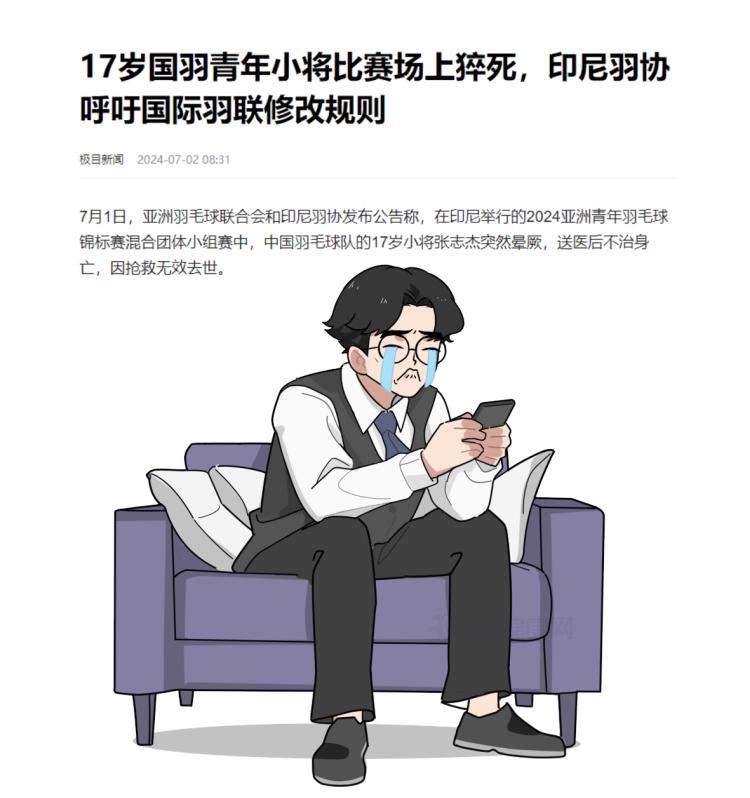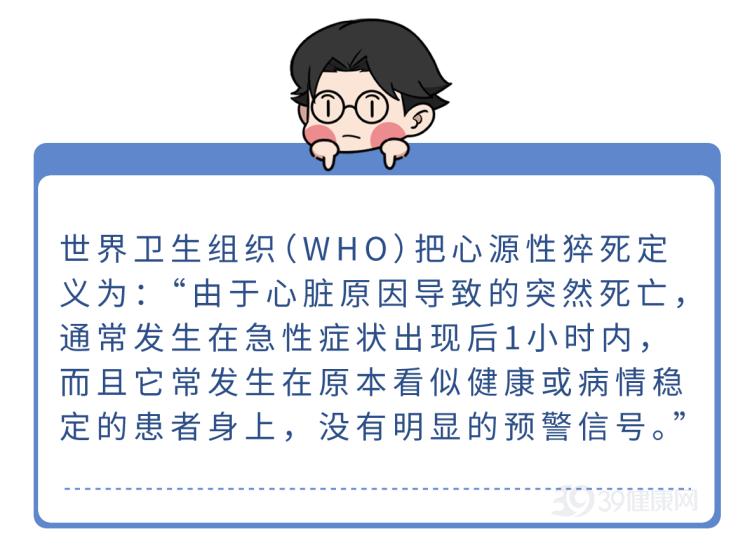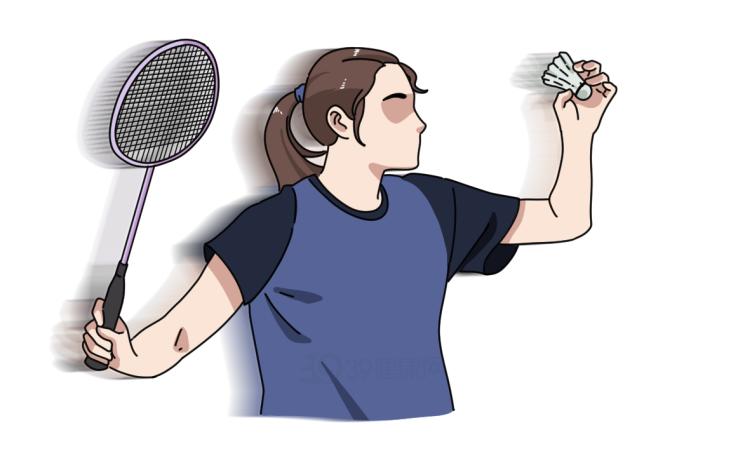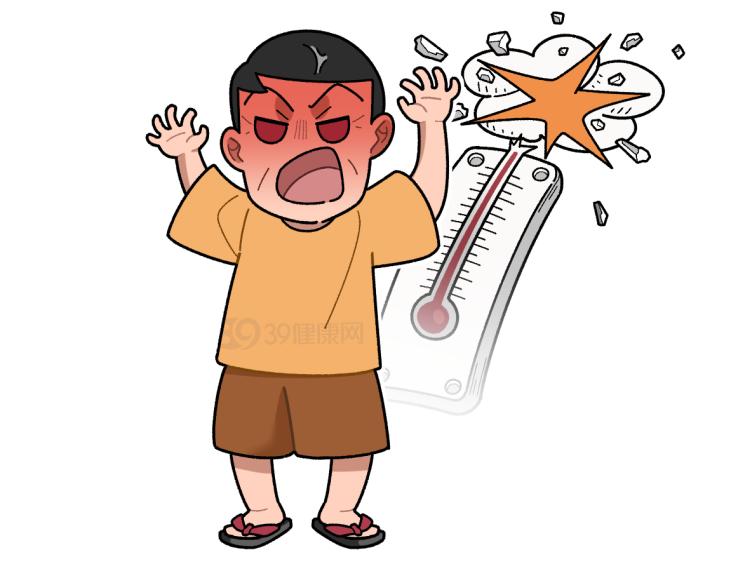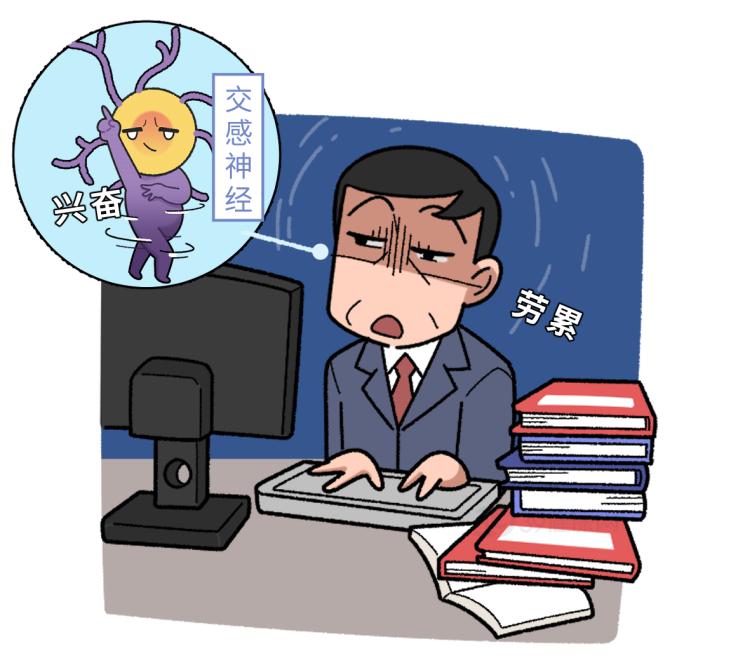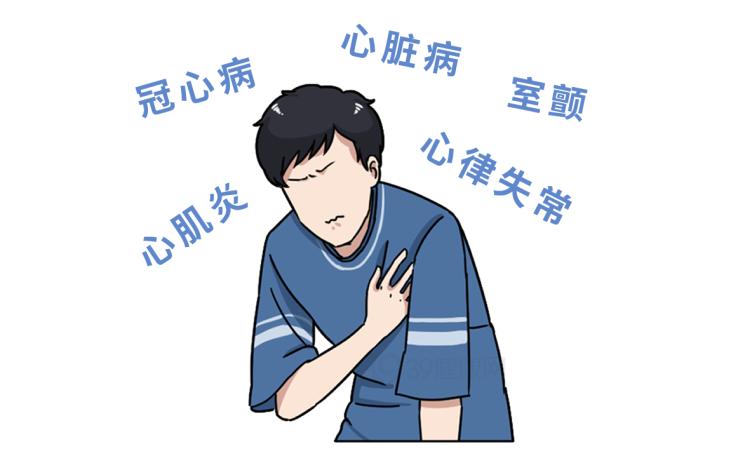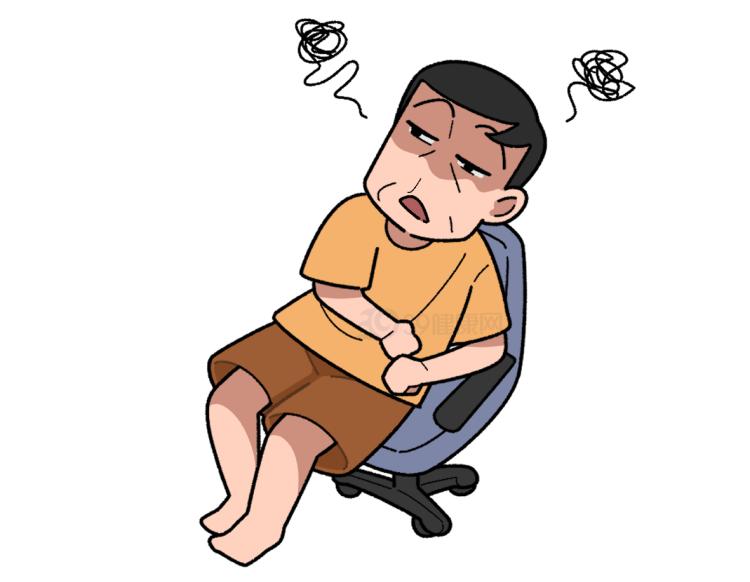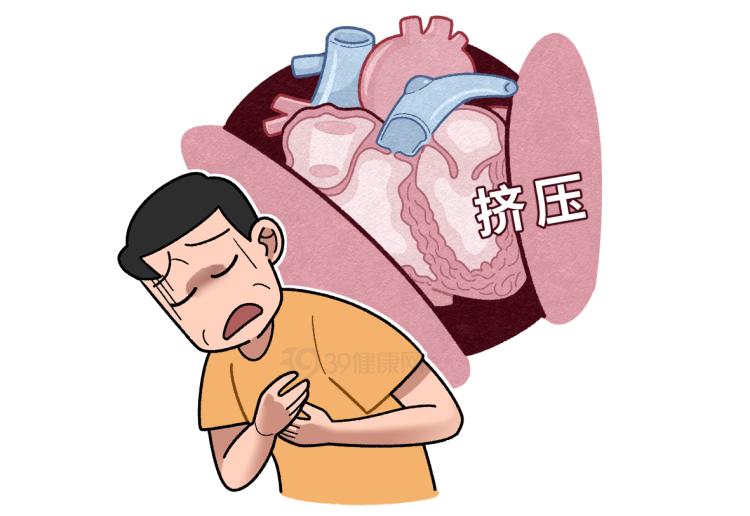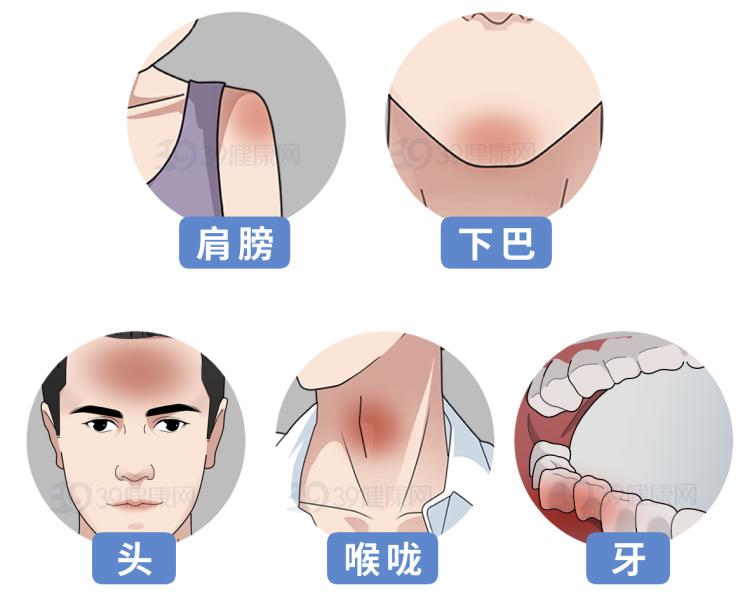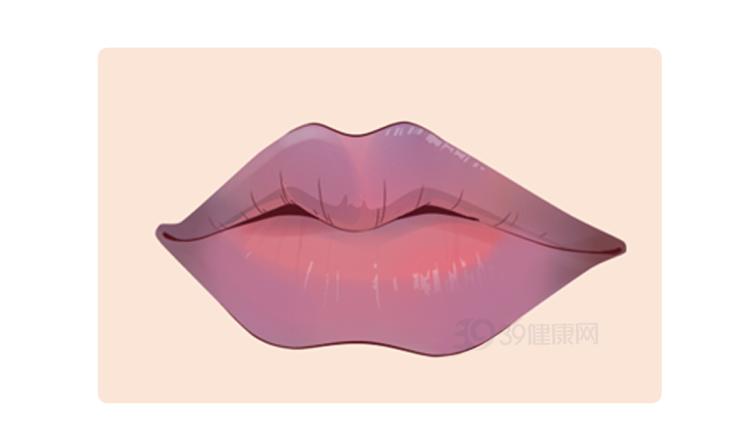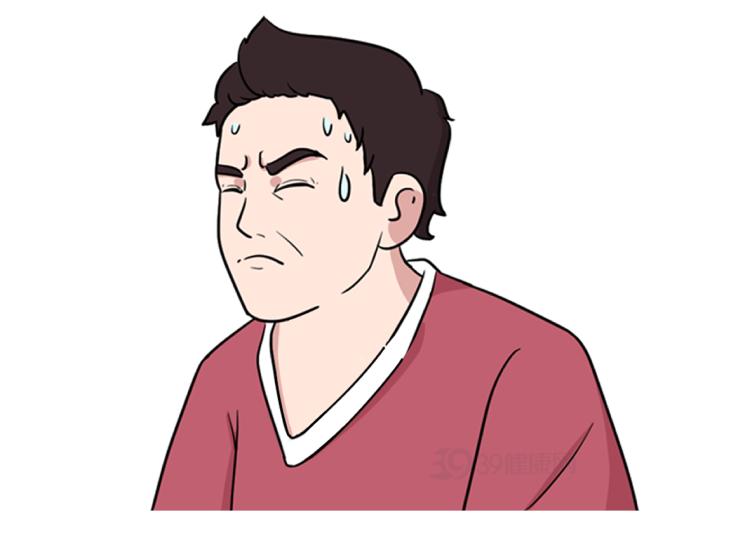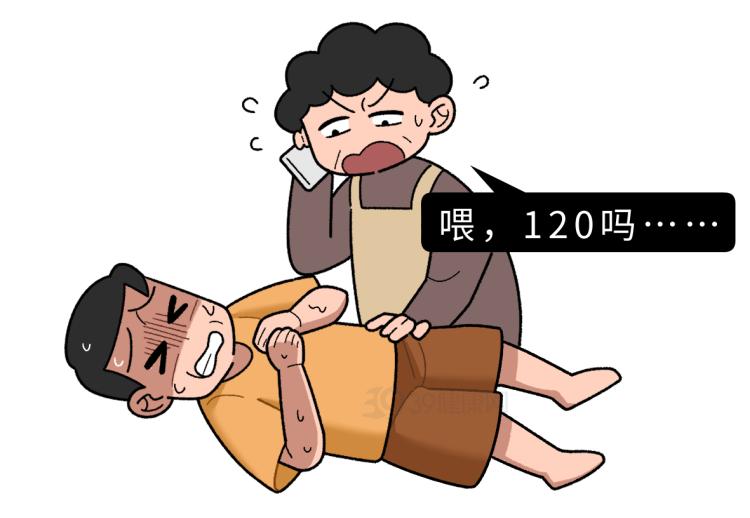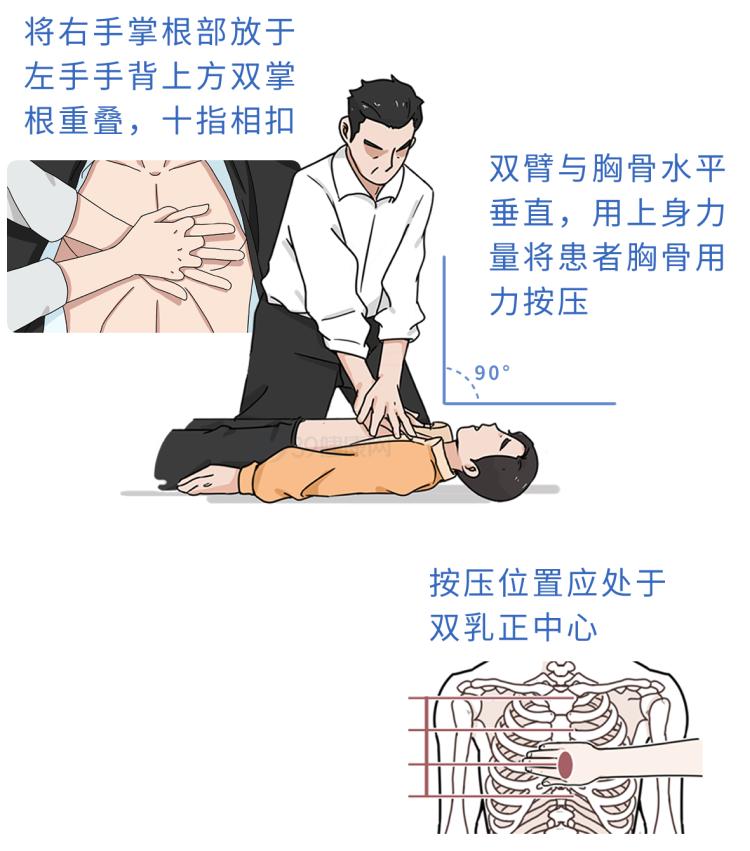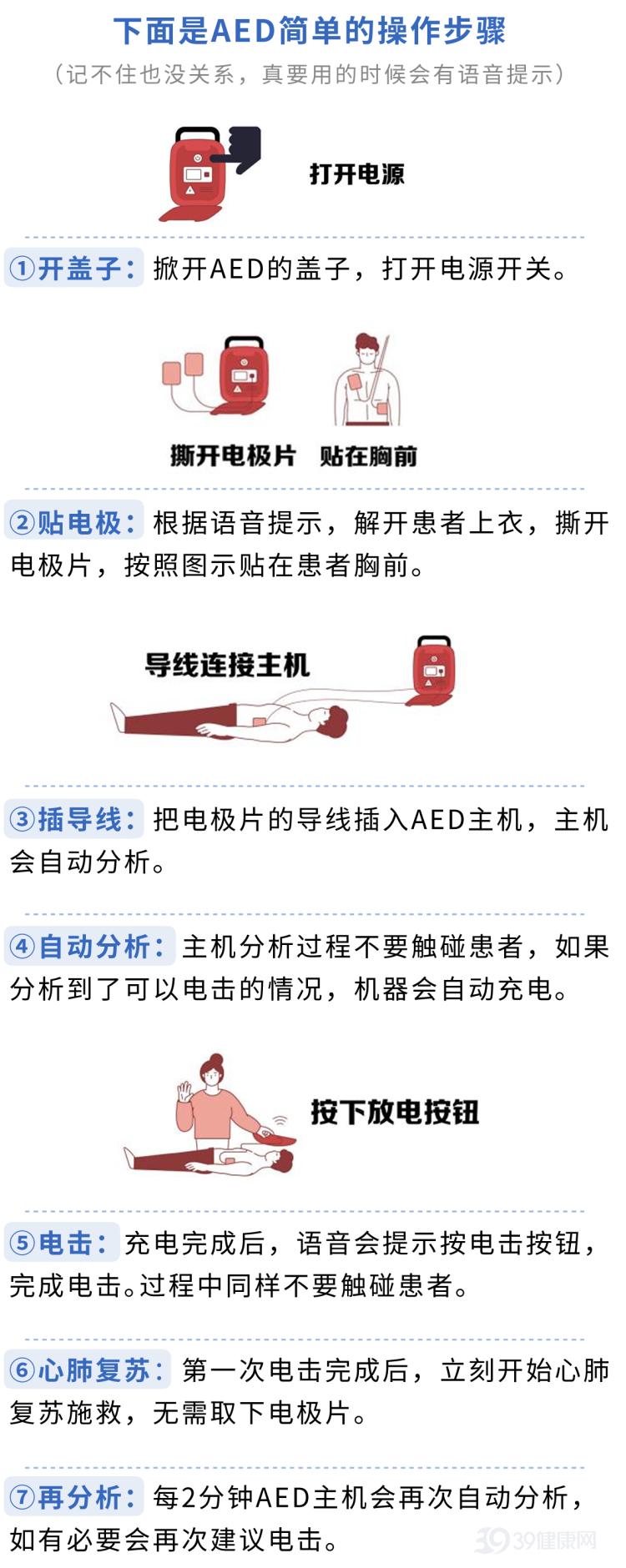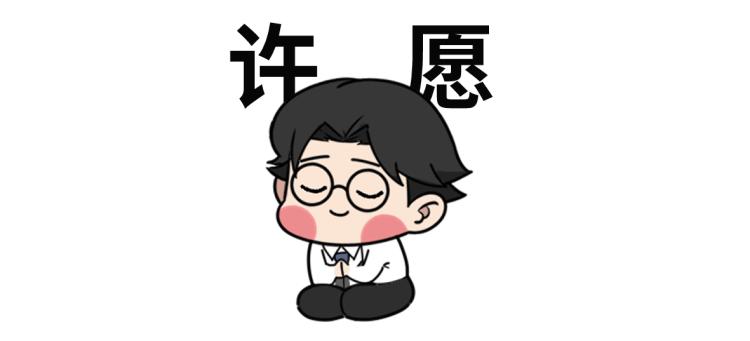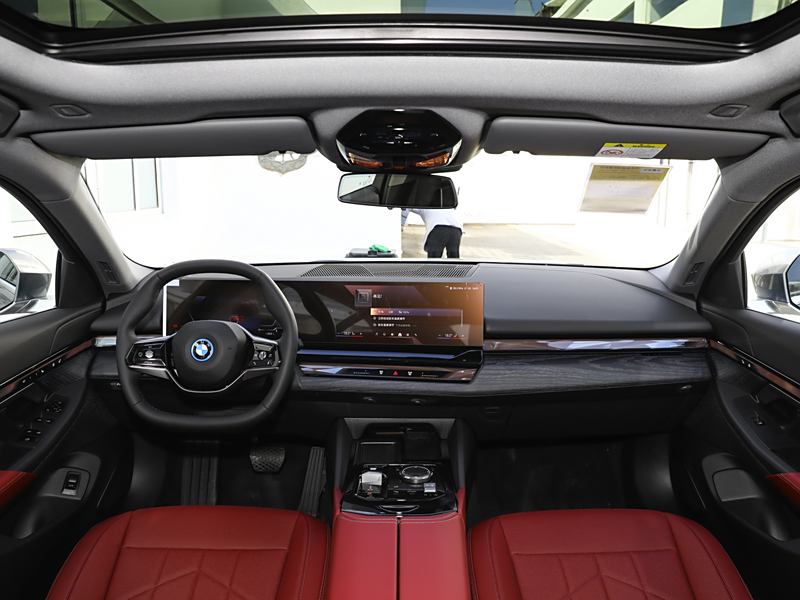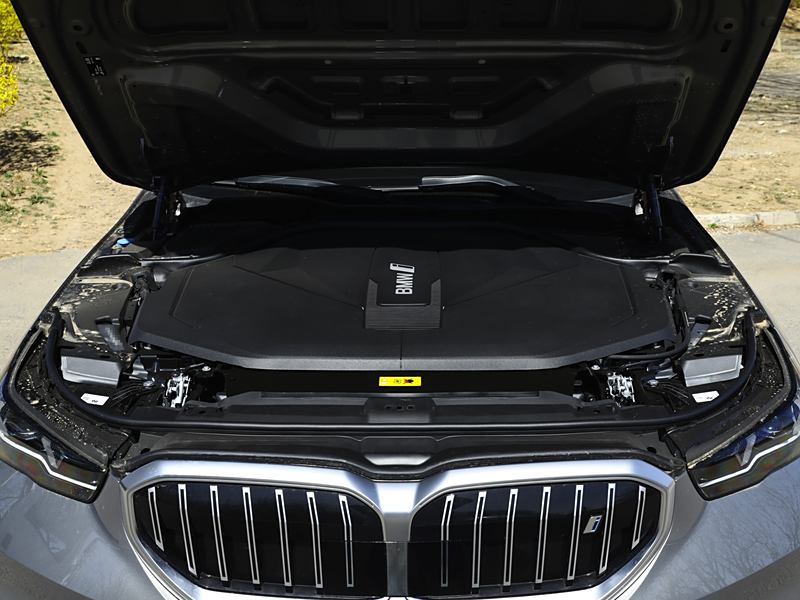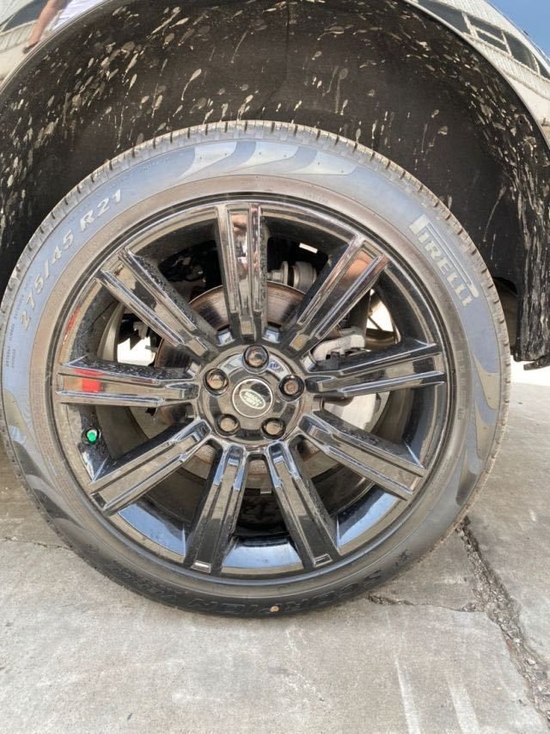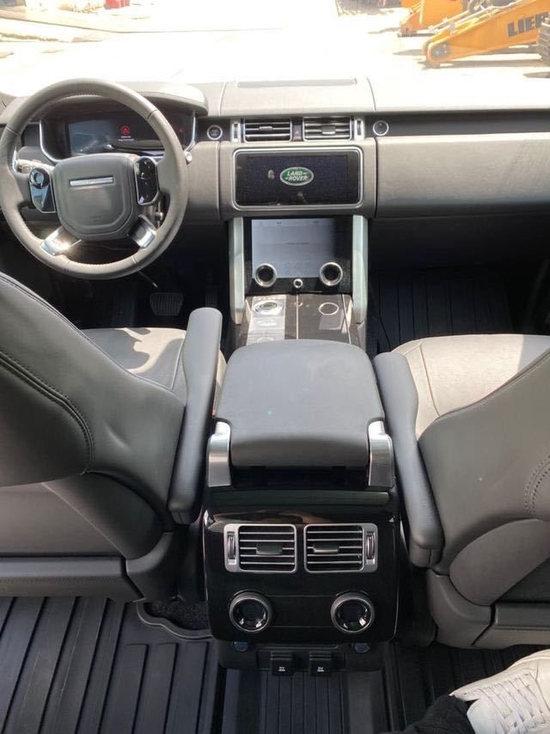From the breakthrough of "Galaxy" in achieving "zero" of our country’s supercomputer, to the "Tianhe" supercomputer ranking first in the world for many times, over the past 40 years, the scientific researchers of the National University of Defense Technology have fully carried forward the "Galaxy Spirit" and written one glory after another on the road of China’s scientific and technological development –
"Galaxy" and "Tianhe": Let the five-star red flag be planted on the top of the world’s supercomputing

Tianhe-2 supercomputer room. (file photo) He Shuyuan, photo
In the midsummer of August, at the National Supercomputing Center in Changsha on the banks of the Xiangjiang River, the "Tianhe" series of supercomputers developed by the National University of Defense Technology were in full swing. The peak computing power of 2 quadrillion times per second is equivalent to 50,000 personal computers computing at the same time, providing strong support for the development of scientific research, information services, equipment manufacturing and other fields, and producing important application benefits.
Supercomputers are an important symbol of a country’s scientific and technological level and strategic capabilities. From the "Milky Way" to achieve the "zero" breakthrough of our country’s supercomputers, to the "Tianhe" supercomputer that has repeatedly won the top of the world’s supercomputers, over the past 41 years, the scientific researchers of the National Defense University of Science and Technology have held the motherland in mind, are not afraid of difficulties, innovate independently, and scale peaks bravely. They have written one glory after another on the road of China’s scientific and technological development.
"Galaxy" was born: China’s giant computer development achieved a breakthrough of "zero"
Today’s brilliance stems from yesterday’s humiliation.
In the 1970s, high-performance computing became a strategic high technology to promote technological innovation and economic and social development. However, without its own supercomputer, China’s economic and social development is often controlled by others. Explored mineral deposits and oil data have to be sent abroad for processing, which is not only expensive, but also the data must first be mastered by foreign experts.
"If China wants to carry out the four modernizations, it cannot do without a supercomputer!" In 1978, at an important meeting held by the Central Committee, Comrade Deng Xiaoping spoke eloquently. It was at this meeting that our country decided to develop a supercomputer independently to solve the problem of large-scale scientific calculation in the modernization drive. Comrade Deng Xiaoping solemnly entrusted this important task to the National Defense Science and Technology University.
At that time, although the National Defense University of Science and Technology was the first unit to develop computers in China, the previously developed "151" computer had a computing speed of only 1 million times per second. Now, to develop a machine with 100 million operations per second means that the computing speed should be increased by 100 times, and the technical difficulty can be imagined.
"Win glory for the Chinese nation!" Faced with unprecedented difficulties, the researchers held back their energy: they would risk their lives to come up with a giant machine to prevent foreigners from getting stuck in our necks.
"It was really a period of patience but passion." Li Sikun, a 78-year-old professor at the School of Computer Science at the National Defense University of Science and Technology, recalled the scene with emotion. After the development work began, various complex technical problems emerged. What kind of technical route to take? What kind of architecture to adopt? How to achieve a computing speed of 100 million operations per second… The problems are like "roadblocks". Scientists rose to the challenge, using the laboratory as a battlefield, and waging this battle without gunpowder smoke day and night.
At the beginning of reform and opening up, our country’s industrial base is weak, the processing equipment is simple, and the components are backward.
Li Sikun recalled that, for example, the circuit design of computer hardware was purely depicted on paper one by one, and if it was wrong, it had to be done again. For a small-scale integrated circuit design, it took half a month to draw.
In order to catch up, everyone ate in the factory, slept in the computer room, and worked until at least 12 o’clock at night. At that time, overtime pay was 20 cents a night, but no one was willing to take it. Everyone’s heart was to save every penny and build a Chinese giant machine as soon as possible.
Heaven rewards hard work! After five years of hard work day and night, the researchers represented by Professor Ciyungui have overcome one by one theoretical, technical and technological difficulties, and creatively proposed the "bidirectional array" structure, which greatly improved the computing speed of the machine. The development task was completed one year ahead of schedule, and the funding was only one-fifth of the original plan.
On November 26, 1983, our country’s first supercomputer with 100 million operations per second successfully passed the national technical appraisal, marking that China had achieved a "zero" breakthrough in the field of supercomputer development and became a country that could independently design and manufacture supercomputers after the United States and Japan.
General Zhang Aiping, then the director of the National Defense Science and Technology Commission, wrote a poem about the supercomputer, naming it "Milky Way" and writing a poem: "Hundreds of millions of stars are in the Milky Way, and it is difficult for the world to know how many there are. The ingenious arrangement is clever, laughing at the stars and singing."
Since then, they have relied on independent innovation to successively develop a series of giant computers such as "Galaxy-II" and "Galaxy-III", which have gradually pushed our country’s high-performance computing technology to the international forefront, and gradually solved a series of urgent problems in economic and social development.
In June 1997, when the "Galaxy-III" with a computing speed of 13 billion times per second was successfully developed, the National Weather Service used it as a medium and long-term numerical prediction system, and the weather forecast was advanced from two or three days in advance to about seven days in advance.
"Tianhe" comes out: China’s supercomputer development level ranks among the top in the world
After entering the new century, our country’s various undertakings have entered a period of rapid development, and there is a more urgent demand for the computing speed and capacity of high-performance computing machines. However, compared with developed countries, our country is not only an order of magnitude different in computing power, but also far from the number of installed machines.
The National Defense Science and Technology University was once again tasked with shouldering the heavy responsibility and sounded the charge to climb the world’s scientific and technological peak – to develop our country’s petaflop supercomputer system as soon as possible.
The development of the world’s supercomputers shows that every order of magnitude increase in computing power requires architectural innovation and a series of new breakthroughs in key technologies. At that time, although the National Defense University of Science and Technology had relatively strong technical accumulation and rich experience in engineering practice, it was equally difficult to achieve a technological leap from 100 trillion to quadrillion.
Faced with various technical problems and severe challenges, researchers work together, innovate independently, and strive to overcome core and key technologies to promote the development of high-performance computing in our country.
The reason why the "Tianhe" supercomputer has the fastest computing performance in the world lies in its original CPU + GPU heterogeneous architecture. However, this new heterogeneous system encountered a series of major technical bottlenecks during the creation process.
Professor Yang Canqun, deputy chief designer of the "Tianhe" supercomputer, recalled that the GPU is characterized by graphics and video processing. To combine it with a CPU that is good at computing, it is not only difficult to program, but also very inefficient. The internationally recognized computing efficiency is only 20%.
The key to innovation lies in how to turn "impossible" into "possible" and find a way where there is no way.
"When I get up in the morning, I start working, and when I go to bed at night, I close my eyes, and the data on the screen is still scrolling in my mind." Yang Canqun and the members of the research team began a four-month research project. After 80,000 many experiments and performance optimization, they finally found a breakthrough, making the computing efficiency of the GPU reach 70%, creating a world miracle.
In order for a supercomputer system to achieve quadrillions of operations per second, it must also have a fast and smooth network system that allows all kinds of information to "run fast". They designed a new switch scheme for this purpose, but the American chipmakers refused to support it and demanded that it be designed according to the American scheme. But in this way, although success is certain, there is no innovation and advantage.
The research team of National Defense University of Science and Technology did not believe in evil. They insisted on following their own design route, exploring from scratch, and working hard to tackle key problems. In just 10 months, a new type of switch was developed, and the measured technical indicators greatly exceeded those of similar systems, while the cost was only 80% of that of similar products of the same scale.
With a series of key technological breakthroughs and engineering realization, on October 29, 2009, our country’s first petaflop supercomputer "Tianhe-1" was successfully developed, achieving our country’s independent research and development of supercomputer capabilities from 100 trillion times to 100 trillion times, becoming the second country in the world after the United States to be able to develop a petaflop supercomputer system.
Faced with the intense competition in the field of supercomputing, the researchers of National Defense University of Science and Technology did not revel in the joy of success, but quickly organized technological upgrades and comprehensive optimization, and embarked on the expansion of the second-phase system.
On November 17, 2010, the "Tianhe-1A" supercomputer topped the list of the 36th World’s Top 500 Supercomputers with excellent performance 4.70 quadrillion times at peak speed and 2.566 quadrillion floating-point operations per second.
The Chinese have planted the five-star red flag on the top of the supercomputing world for the first time, marking that China’s self-developed supercomputer comprehensive technology level has entered the world’s leading ranks.
On June 17, 2013, the "Tianhe-2" developed by them once again topped the global supercomputing 500 with a peak computing speed of 549 million billion times per second and a measured computing speed of 339 million billion times per second. Since then, "Tianhe-2" has ranked first in the world supercomputing list for six consecutive times.
In late July last year, the National Defense University of Science and Technology sent another piece of good news. The "E-class prototype system" led by the school completed the development and deployment and passed the acceptance, marking that our country launched a charge to the new generation of 10 billion billion billion times (E-class) supercomputers.
"Galactic Spirit": Forging the "Root" and "Soul" of China’s Scientific and Technological Glory
"Embrace the motherland, unite and cooperate, aim for the peak, and strive bravely." The 16 characters in the eye-catching position of the History Museum of the School of Computer Science and Technology of National Defense University of Science and Technology condense the arduous exploration of generations of "Milky Way People" at National Defense University of Science and Technology, and reveal the true meaning of success from "Milky Way" to "Tianhe". In their hearts, "Milky Way Spirit" is the spiritual highland they adhere to, and it is also their "root" and "soul".
For decades, the research team of National Defense University of Science and Technology has sacrificed the leisure of holidays, the warmth of family, postponed the wedding date, delayed medical treatment, and gave up going abroad for further study. Many people have dedicated their youth and even their lives to the supercomputer development of the motherland without any regrets.
Tianhe-1 has a deputy chief designer who suffers from diabetes and other diseases. During the installation and commissioning of the second phase of the "Tianhe-1" system, he stayed in the computer room for half a year. His illness continued to worsen due to irregular life and diet, but he insisted on not leaving his post. It was not until news came from the United States that Tianhe-1 had topped the world supercomputer rankings for the first time that he walked out of the computer room and was admitted to the hospital.
Yu Wulong, a young lecturer, didn’t sleep for five days and five nights in order to design a high-level computer control system. On the sixth night, his wife, who woke up from her dream, found him still working at his desk like a demon. She grabbed the drawings on the desk and said, "If you keep fighting like this, I will cut these drawings into pieces!" The next morning, Yu Wulong went to Huangshan on a business trip again. No one expected that he fell ill at the foot of Huangshan and never came back.
There are also 43-year-old Jian Xianfu, 40-year-old Zhang Shusheng, 41-year-old Wang Yumin… At the National Defense University of Science and Technology, there are more than 20 scientific researchers who have sacrificed their young lives for the cause of the "Galaxy" series of supercomputers. They measure their lives with their careers and turn them into cornerstones to support the dream of China’s technological take-off.
Difficulties and hardships, Yu Ru Yu Cheng!
The laying of communication optical fiber is the first phase of the second phase of the "Tianhe No. 1" system to be stationed in the National Supercomputing Center in Tianjin, and the time is urgent and the task is arduous. In midsummer, due to the temperature of the trench reaching more than 40 degrees Celsius, the surface of the cement is too rough, and the insulating rubber of the newly laid optical fiber has been worn out with cracks, and the wire cores are exposed in some places. If this problem is not solved, the signal will be interrupted, the communication will be short-circuited, and the system will be disrupted.
Faced with this situation, the commander took off his clothes, jumped into the hot trench, and lay prone on the rough concrete floor. Everyone followed suit, and soon a "human flesh carpet" was laid, and optical fibers extended smoothly along the bodies of the officers and soldiers.
Dozens of people lay naked in the trench for dozens of days, scraped all over by the hard cement and optical fibers, leaving 15,000 optical fibers unscathed. On the day of the system test, the moment the machine was turned on, all the communication lines were unimpeded…
"It is this’Milky Way ‘spirit formed in overcoming obstacles and overcoming difficulties that has written the brilliant road of independent innovation with Chinese characteristics," Hu Qingfeng, a professor at the Computer Research Institute of National Defense University of Science and Technology in his 60s, told reporters with relief.
link
At present, the Tianhe supercomputer system is used in the National Supercomputing Center in Tianjin, the National Supercomputing Center in Guangzhou, and the National Supercomputing Center in Changsha.
Among them, the Changsha Center is the only national-level supercomputing center in the central and western regions of our country, with the "Tianhe-1" supercomputer and the "Tianhe Tianma" artificial intelligence computing cluster. "Tianhe-3" will also be settled in the center in 2020. Relying on the Tianhe supercomputer system, the center has formed an integrated innovation application service platform for industry-university-research that integrates "scientific and technological research and development, technological innovation, public services, and talent training": supporting national and Hunan scientific and technological innovation, providing a total of 1205 users with high-performance computing, big data, cloud computing, and artificial intelligence services, supporting 142 national scientific research projects, and more than 430 other provincial and ministerial scientific research projects and enterprise cooperation projects; innovating service models, establishing a number of supercomputing sub-centers, industry joint laboratories, industrial park supercomputing service stations, etc.; building enterprise big data, financial risk control, SME supercomputing community, simulation services, video merchandise and other innovative platforms to serve the development of the whole industry; keep an eye on international The national science and technology frontier will build a popular science base and a "supercomputing star" crowd-creation space to help scientific and technological innovation and talent training in Hunan and the central and western regions.
Witnesses say
Advanced layout, independent innovation
Dictator: Dong Dezun, Deputy Chief Designer of "Galaxy"/"Tianhe" New Generation High-performance Computing Interconnect System
I have been working in the Research Room 604 of the Institute of Computer Science, School of Computer Science, National University of Defense Technology since I graduated with a doctorate in 2010.
Laboratory 604 is a research collective with a long and glorious history and a glorious tradition. It has always been a key technical team in the development of the high-performance computing system of "Galaxy" and "Tianhe". I was fortunate to accompany the collective through the whole process of the development cycle of "Tianhe-2".
The "Milky Way" and "Tianhe" team has always kept up with the international forefront in the development of high-performance computing systems, planning ahead, and using technological progress to promote the development of applications. In fact, when "Tianhe-1" was ranked first in the world supercomputing at the end of 2010, the "Tianhe" general division team had already started planning the work of "Tianhe-2".
In the early days of the "Tianhe-2" project, I participated in the project demonstration work. At the same time, as a researcher of the high-speed interconnection system, I experienced countless project discussions, centralized closed development, and system-wide debugging of the interconnection subsystem. Especially in the first half of 2013, in order to catch up with the progress, we worked 24-hour shifts for system-wide debugging, and everyone often slept on the floor in the computer room and debugging room at night. At that time, it was May and June, and Changsha had already begun to heat up. Due to the focus of the power supply system of the National Defense University of Science and Technology, the air conditioning of the whole school’s offices was stopped, but the debugging room we were in was extremely cool, which could be regarded as a "benefit" brought by the adjustment.
In the process of participating in the demonstration and development of the "Tianhe" interconnection system, I realized that the "Tianhe" team attaches great importance to basic research and the spirit of independent innovation. The development of high-performance computing systems places special emphasis on the hardware and software collaborative design methodology, and the effectiveness of the collaborative design methodology depends on the continuous performance evaluation ability of changes in hardware-software applications. In the later stage of the "Tianhe-1" project, our interconnection team began to lay out and develop independent collaborative design tools for the "Tianhe" system.
So far, after more than 8 years of continuous independent development, we have broken through key technologies such as application-driven large-scale high-performance interconnection network performance evaluation, developed large-scale high-performance interconnection network simulation software that supports real application load, accurate network function model, and good scalability, filling the long-term gap in this field of the "Tianhe" team and even our country, and providing a powerful independent design tool for the "Tianhe" high-performance interconnection communication network to continue to maintain international leadership.
(Text/Shi Quanjiang, Liu Wentao, Han Xue)
